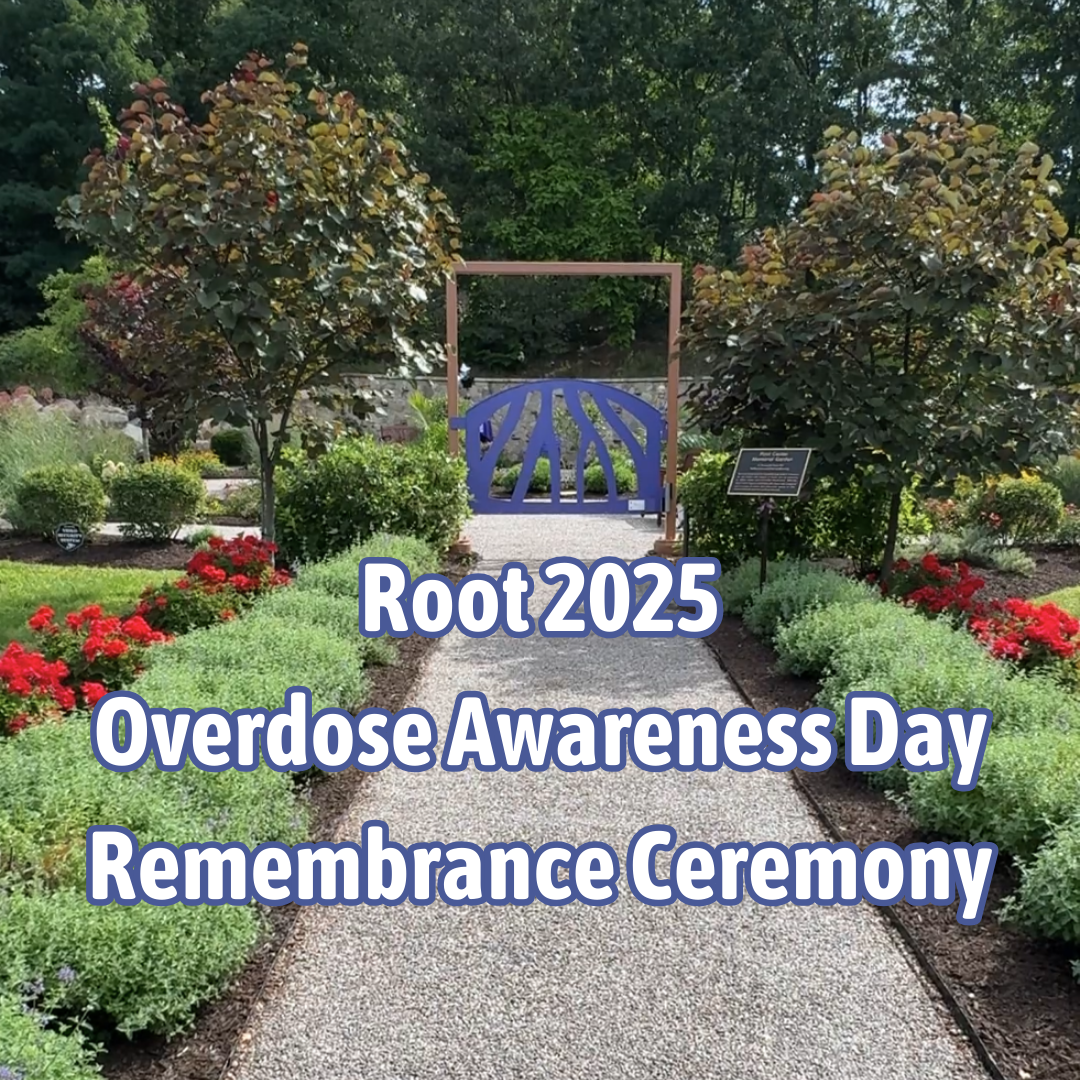The Benefits of Being a Collaborative Site for Clinical Research Studies
July 10, 2020

Rebecca Burke, MS
Over the years, Root Center for Advanced Recovery has participated in numerous research studies as a collaborating site. It has partnered with universities and national research organizations both across the country and in our own backyard including Yale University, University of Connecticut, Stanford University, UCLA, Oregon Science and Health University, and the University of Washington.
So why is this necessary? We know that research allows us to ask questions that lead to increasingly effective methods of addressing addiction . As the field of mental health and addiction treatment continues to change and evolve it’s important that clinical professionals remain up-to-date on research findings and data trends regarding patient outcomes and evidence-based practices. Root Center believes in the power of a research-driven approach to care and in so relies on clinical data including our very own research endeavors to continuously enhance our clinical practices.
So, what’s in it for our clients? Collaborating research sites like Root Center can offer their clients innovative and cutting-edge research treatment or interventions that wouldn’t otherwise be available for 5+ years. The treatment is often at no or low cost and participant compensation is often included. In addition, the research subject has a direct hand in improving treatment approaches by providing quality feedback.
There are many types of research programs that collaborating sites can participate in including clinical trials, which are at the center of all medical advances. Clinical trials look at new ways to prevent, detect, or treat disease. In the case of Root Center, such treatments might be new drugs, new combinations of drugs and nonmedicinal treatment, or new ways to use existing treatments in order to address substance addiction and mental illness.
There are many goals clinical research trials may aim to reach including:
- developing new treatments or medications
- determining if a new treatment or approach is safe and effective
- identifying the root or origin of an illness
- studying trends
- assessing the genetic relationships to an illness
People chose to participate in clinical research for a variety of reasons. For many, it is the opportunity to receive the newest treatment along with the additional care and attention from clinical research trial staff. However, it is also a unique opportunity for people (both patients and healthy volunteers) to help others and contribute to moving science forward. It is important to note that while some studies may directly benefit participants, perhaps through promising new treatments or intervention, others do not directly benefit participants, but may help scientists learn better ways to help people.
Clinical research studies may also be a great addition to a client’s current treatment regimen. For example, a client may want to quit smoking cigarettes or is looking for alternative treatment approaches to address anxiety. There are many no-cost smoking cessation studies right here in Connecticut along with studies looking at the effects of yoga and mindfulness practice exercises on individual stress levels.
There are strict rules put in place for clinical studies by the National Institutes of Health and the FDA. These rules include the confidentiality of each research participant and ensuring that personal information is seen only by those authorized to have access. The personal identity and medical information of clinical trial participants are known only to the individual patient and researchers and results from a study will not include the identity of the research participants.
So, how can you learn about current research studies? Root Center is currently working with local universities on some new collaborative research initiatives. Once recruitment begins, we will reach out to clinic supervisors to identify clients who may benefit. National research organizations and universities may also offer lists of current research studies and trial locators like those listed below.
If you would like to learn more about clinical research studies or have ideas for future research endeavors, please contact Rebecca at Root Center for Advanced Recovery ( Rebecca.Burke@rootcenter.org ).
Recent Posts





